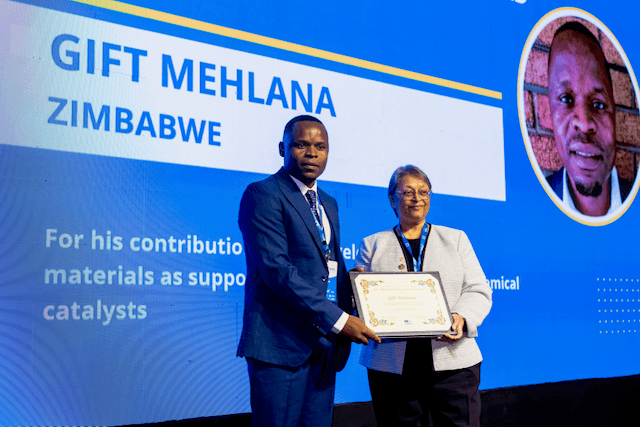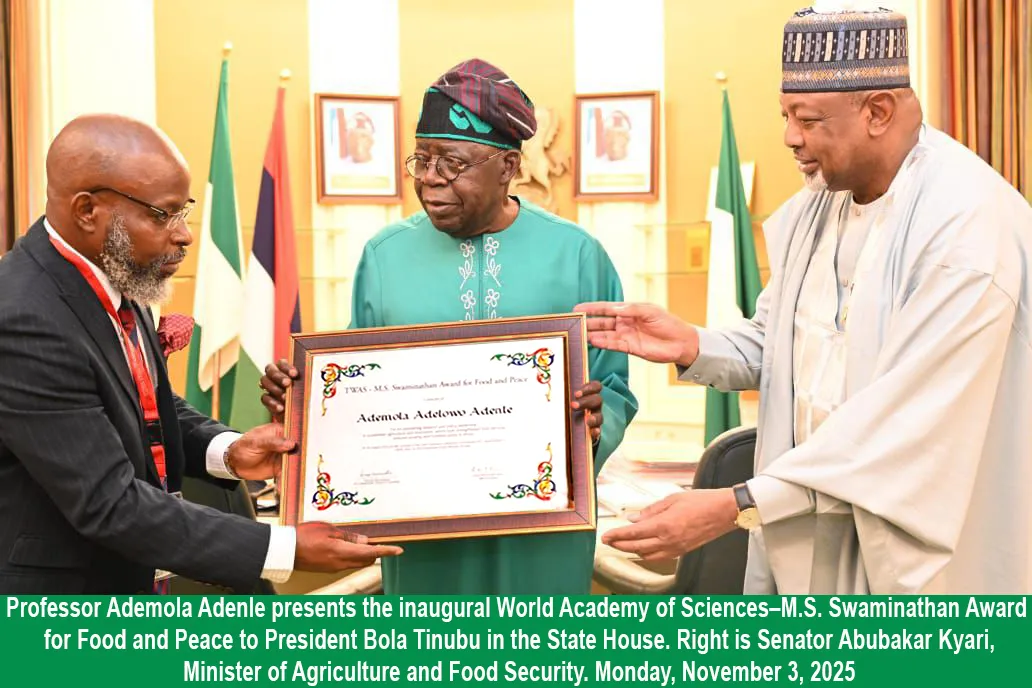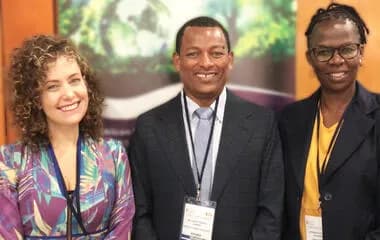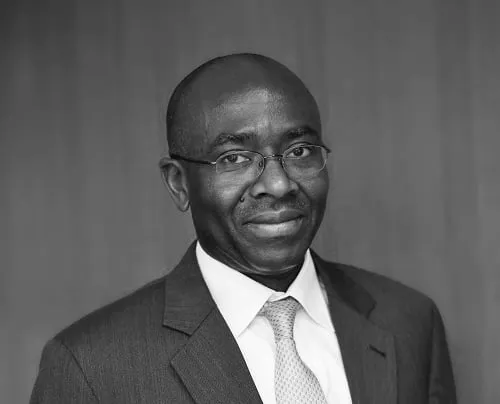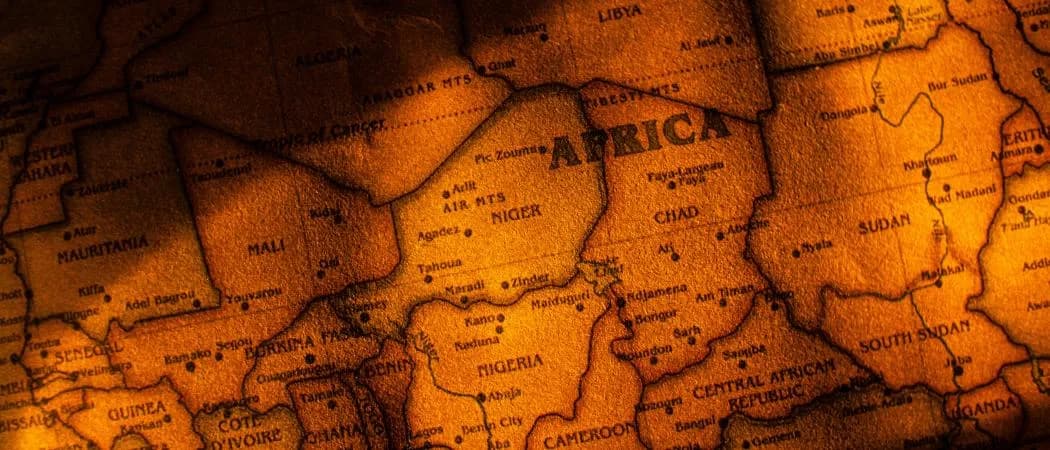News
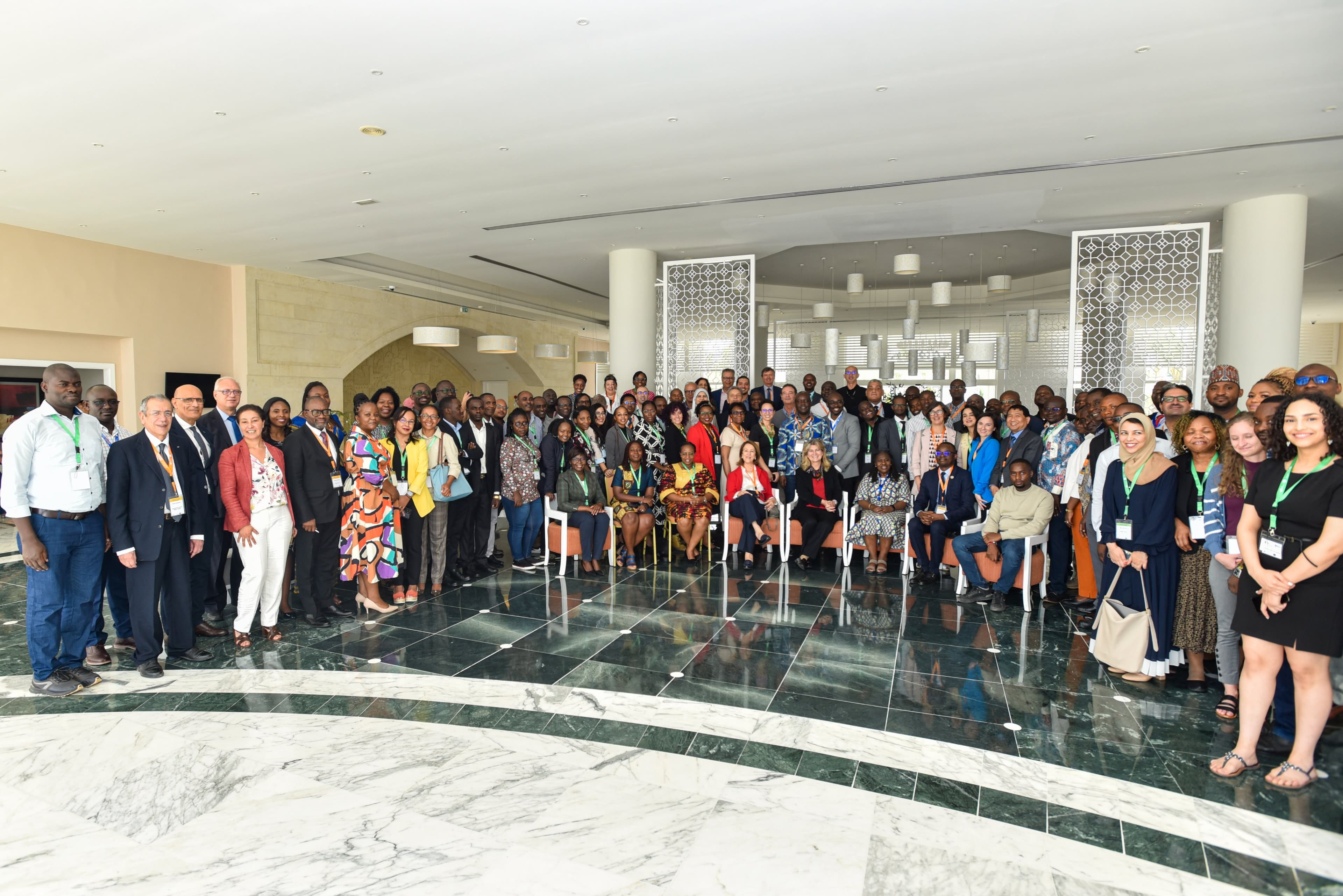
In a landmark gathering, the African Academy of Sciences (AAS) convened over 100 leading scientists, policymakers and thought leaders from across the continent to showcase and discuss opportunities for enhancing investments and partnerships to facilitate research and innovation on the continent. The high-level scientific convening was held in Hammamet, Tunisia from 4-6 June 2024 under the theme Catalysing Africa's Development through Research and Innovation.
ARISE: A Beacon of Hope for African Research
The high-level scientific convening highlighted the achievements of the African Research Initiative for Scientific Excellence (ARISE) programme, a groundbreaking initiative implemented by the AAS with the support of the African Union Commission and the European Commission. ARISE supports nearly 600 early- to mid-career researchers across Africa, led by 47 principal investigators (ARISE Fellows) hosted in 38 African countries. The ARISE fellows shared their groundbreaking research in areas such as healthcare, agriculture, renewable energy, and technology, demonstrating the critical role of scientific research in driving social progress and sustainable development.
Professor Lise Korsten, President of the AAS, emphasized the urgency of equitable partnerships and capacity building in African research: “The ARISE programme exemplifies our dedication to high-quality research and capacity building. However, quality research requires adequate resources—people, funding, and infrastructure. Where capacities lag, our cooperative efforts must focus intensively on building these capacities to not only conduct research but to turn research into solutions for our continent’s unique challenges."
Bridging the Gap Between Science and Society
A key focus of the high-level scientific convening was the urgent need to bridge the gap between research, policy, and society. Professor Bitange Ndemo, renowned Kenyan scholar, emphasized the importance of linking scientific discoveries with policy decisions to ensure that research findings are translated into tangible solutions for African citizens. This call to action resonated throughout the conference, with speakers highlighting the need for stronger collaboration between scientists, policymakers, and communities.
Empowering Women and Young Scientists
The convening also emphasized the importance of inclusivity in the scientific community. Professor Abdulrazak, a champion of diversity in STEM fields, passionately advocated for greater participation of women and young people in science and technology. Empowering these underrepresented groups, he argued, is essential to unlock a wider range of perspectives and solutions to global challenges.
Dr Peggy Oti-Boateng, Executive Director of the AAS, echoed this sentiment, stating, "Let us highlight the importance of equity and inclusion, ensuring that the benefits of research and innovation reach all segments of society, particularly marginalized communities, young people, and women."
International Collaboration for a Brighter Future
The presence of Professor Maria Leptin, President of the European Research Council (ERC), underscored the importance of international collaboration in driving scientific progress. The ERC's commitment to supporting cutting-edge research in Africa, through initiatives like ARISE, demonstrates the power of partnerships in tackling global challenges and fostering innovation.
A Vision for Science-Driven Development
The AAS’ high-level scientific convening served as a powerful reminder that science is not merely an academic pursuit, but a driving force for positive change in Africa. By investing in research, fostering inclusivity, and bridging the gap between science and society, the continent can unlock its full potential and achieve the "Africa We Want" – a prosperous, equitable, and sustainable future for all.
The AAS remains committed to championing science as a catalyst for development, and the convening in Hammamet marked a significant step forward in this mission. As the ARISE programme continues to empower African researchers and foster collaboration across borders, the future of science-driven development in Africa looks brighter than ever.
